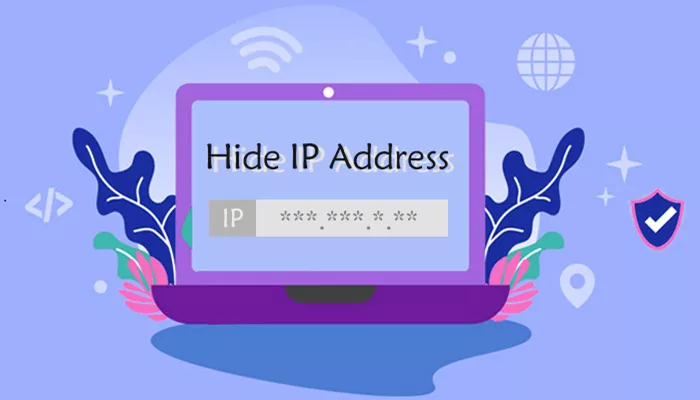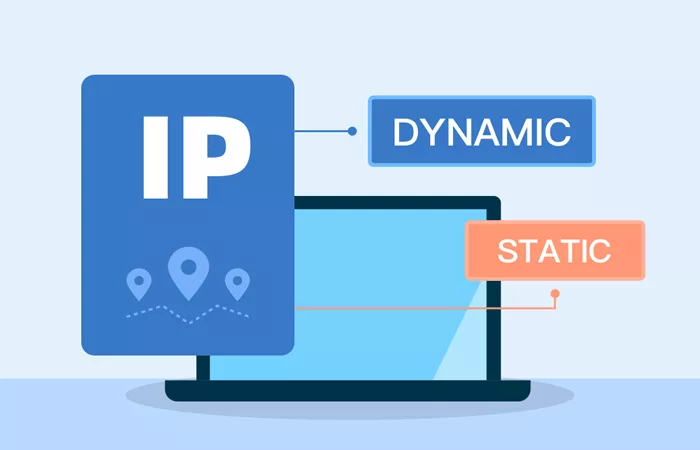Types of Proxy Servers
Proxy servers come in various forms, each serving distinct purposes:
Forward Proxies: These are client-facing proxies that route requests from a client to the internet. They are commonly used to bypass geo-restrictions, filter content, and enhance privacy by hiding the client’s IP address.
Reverse Proxies: Positioned in front of web servers, reverse proxies handle incoming requests from clients on behalf of the server. They provide load balancing, distribute traffic across multiple servers, enhance security by masking server IP addresses, and can cache content to improve performance.
Transparent Proxies: These proxies identify themselves and pass along the client’s IP address in the request headers. They are often used for content filtering and caching without requiring user configuration.
Anonymous Proxies: These proxies identify themselves but do not disclose the client’s IP address. They offer a degree of anonymity, making them suitable for users seeking privacy.
High Anonymity Proxies (Elite Proxies): These proxies do not identify themselves as proxies and do not pass the client’s IP address, providing the highest level of anonymity.
Residential Proxies: Utilizing IP addresses assigned by Internet Service Providers (ISPs) to homeowners, these proxies make requests appear as though they are coming from real users, which is beneficial for web scraping and accessing geo-restricted content.
Benefits of Using IP Proxies
1. Enhanced Privacy and Security
Proxies mask your IP address, making it difficult for hackers or trackers to identify your location or online activities.
2. Access to Geo-Restricted Content
Proxies can provide IP addresses from different regions, allowing you to bypass geo-restrictions and access content that may be unavailable in your location. This is particularly useful for streaming services, accessing region-specific information, or conducting market research in different areas.
3. Improved Web Scraping Efficiency
By rotating IP addresses, proxies enable efficient data extraction without triggering anti-scraping mechanisms.
4. Load Balancing and Traffic Management
Proxies distribute traffic across multiple servers, ensuring optimal performance and preventing downtime.




